In recent years, Europe has been navigating a complex landscape of economic challenges. The narrative has shifted dramatically from the notorious "PIIGS" nations—Portugal, Italy, Ireland, Greece, and Spain—to a more alarming prospect: France, the second-largest economy in Europe, now finds itself on the brink of a potential financial crisis. This transition serves as a reminder of the fragility of European markets and the interconnectedness of national economies.The once-solid foundation of France’s bond market is shaking, evoking memories of the European debt crisis over a decade ago. France’s bonds, particularly its 10-year treasury notes, once a reliable safe haven, are now being overshadowed by the very nations that were at the eye of the storm back in 2010. Investors, who not long ago viewed French debt as a steadfast alternative to German bonds, are now questioning this perception as political instability looms.France is grappling with a political crisis that many did not foresee. Recent developments in Paris have sparked discussions about the possibility of the government being overthrown, igniting fears among investors. The political turmoil is underscored by a standoff between Prime Minister Michel Barnier and Marine Le Pen, leader of the far-right National Rally party. With mounting pressure and a looming ultimatum from Le Pen, the fate of the 2025 budget hangs in the balance. Barnier’s concessions to the National Rally, including reconsideration of tax hikes and adjustments in social security spending, reflect a desperate attempt to stave off governmental collapse.Key to understanding this turmoil is the underlying fiscal health of the country. The budgetary situation in France is precarious, with budget deficits expected to rival those of Italy, a nation historically associated with fiscal irresponsibility. For years, Italy’s debt-to-GDP ratio has raised eyebrows, but now France appears to be on a similar trajectory, with projected deficits potentially reaching 6.1% of its GDP. Should this situation deteriorate, the implications for the Eurozone could be dire.The sell-off of French bonds has raised yields to unprecedented levels, with the 10-year treasury rate spiking to around 3%, surpassing those of Greece, Spain, Portugal, and Ireland. Such a shift represents a significant market revaluation and reflects increasing skepticism among international investors about France’s fiscal trajectory. As yields rise, France's position as a stable investment hub is eroding, amplifying concerns about the broader ramifications for the euro and European financial markets.That sentiment translates into a palpable sense of unease among equity investors as well. The Paris stock market has plummeted, significantly underperforming compared to other European indices. Market analysts are worried that continued pressure could force European institutions to liquidate assets not only in France but across the globe, seeking to mitigate the cascading effects of financial instability.The dynamics between France and Italy are especially telling. The gap between their bond yields has shrunk dramatically, highlighting a significant market shift as the risk profile for French bonds converges with that of Italy. Two months ago, the yield spread stood at about 40 basis points—a stark contrast to historical norms. Investors are beginning to view Italy with renewed interest, partly due to the perceived stability of its government under Giorgia Meloni, contrasting starkly with the chaos in Paris.The situation is exacerbated by the decisions of major credit rating agencies. Standard & Poor’s, among the big three ratings firms, has downgraded France significantly, placing it three notches below Germany’s top rating. This downward revision serves not only as a wake-up call for French policymakers but also signals to investors that confidence in French economic management is waning.With ongoing political gridlock and an uncertain economic forecast, some institutional investment leaders are echoing concerns that a shift in sentiment could ignite a deeper crisis. “Never be too optimistic,” cautions Daniel Love, head of fixed income at Mediolanum International Funds Ltd. “France’s elite may need to adopt spreads more akin to Italy’s to make a difference.” This frank assessment highlights the urgent need for a robust political consensus to rejuvenate investor confidence.The democratic and economic landscapes of France and Italy will continue to be closely scrutinized by international investors. While Italy has had its share of political turmoil, the current government appears to provide a necessary stabilizing force, despite its challenges. As French yields rise, France's bond market seems to be losing its once-secure status as a haven for investment, catalyzing a capital flight back towards Italy’s more reliable debt instruments.In conclusion, the current crisis in France serves as a crucial warning about the fragility of economic stability in the Eurozone. As global investors reevaluate their strategies and reassess risk allocations, the interconnectedness of these two leading economies will be under intense scrutiny. The evolving political drama in France could reshape the narrative that historically defined European finance, illustrating how quickly fortunes can pivot and how imperative it is for leaders to secure fiscal discipline in politically charged environments. With legislative elections on the horizon, the 2024 economic landscape remains uncertain, leaving many to wonder if France can reclaim its status or if it will plunge into a renewed crisis, creating a ripple effect that impacts the entire region.
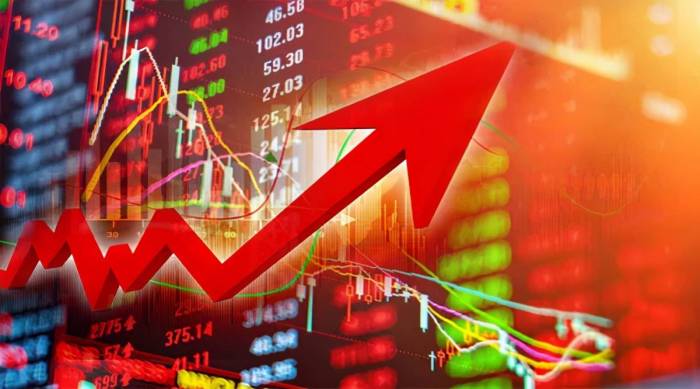
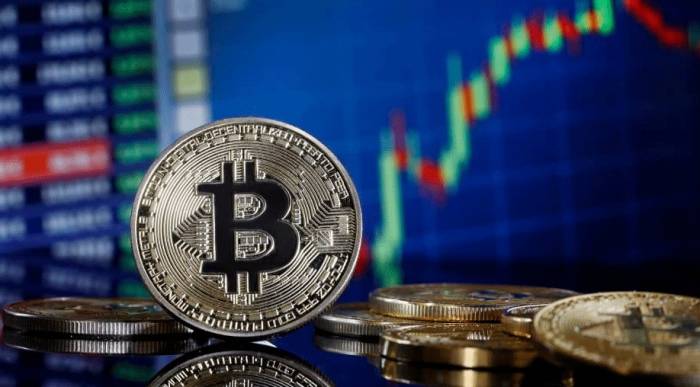


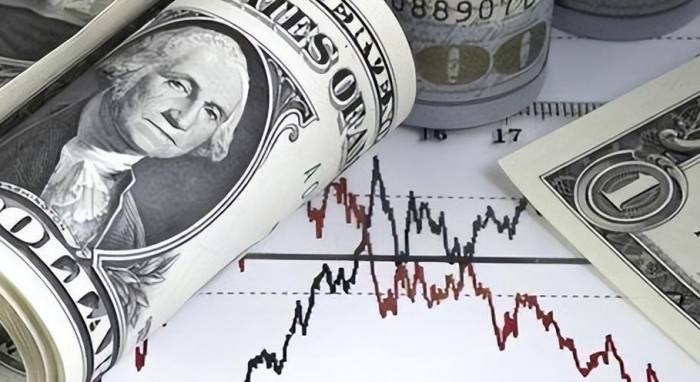










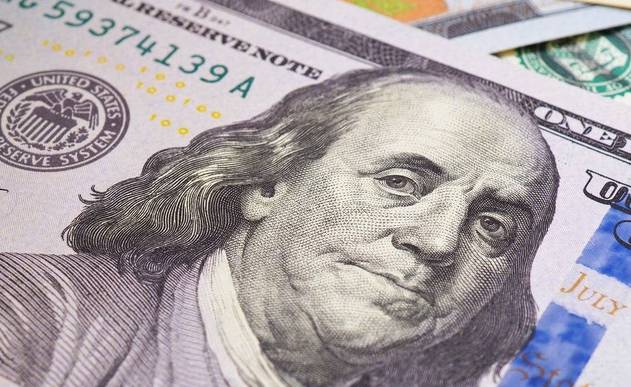
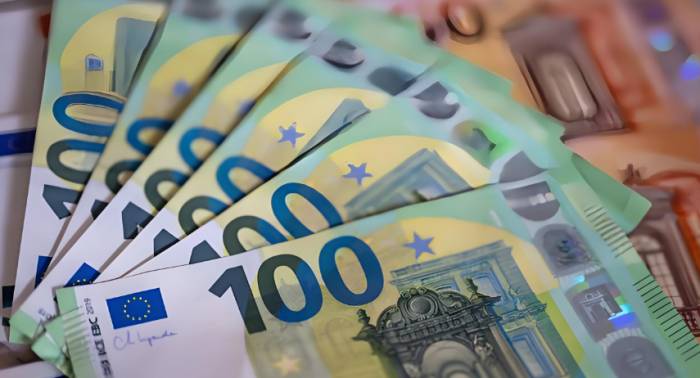


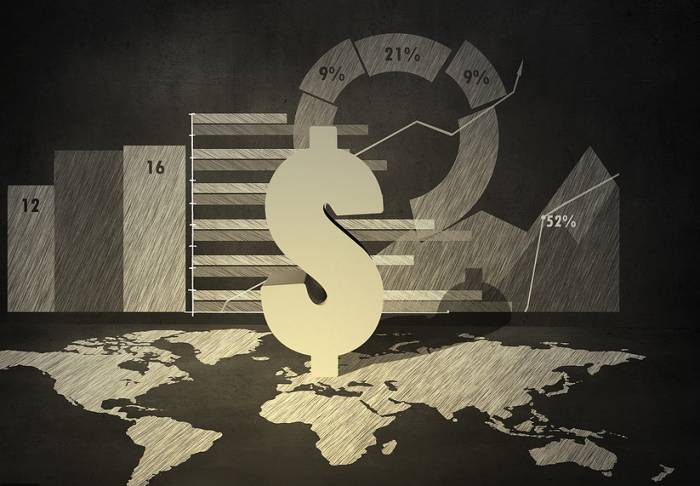










Leave a Comment